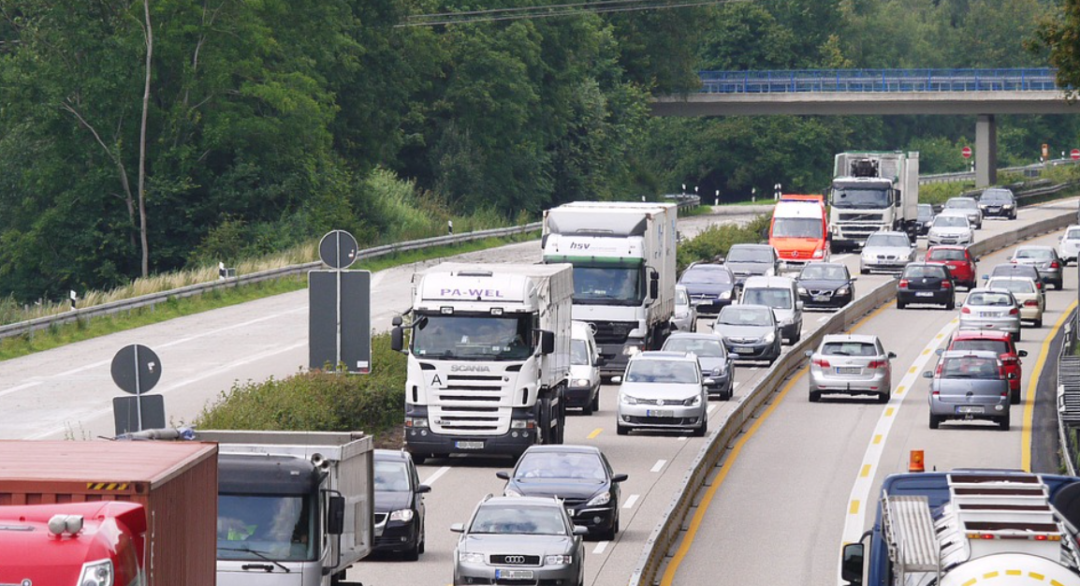The Greensboro is developing a plan called GoBORO, for the city to become car optional by 2045.
According to a recent study by HVACGnome, it’s going to be much more difficult for Greensboro to transmogrify into a car optional city than most cities. In fact, according to the study, it will be more difficult for Greensboro than 190 cities in the US and every other major city in North Carolina.
The report ranked Greensboro 191st in the country for “car-free living.”
So while the goal of GoBORO is to make Greensboro car optional by 2045, if the report has any validity, then Greensboro might want to extend that by a few years, or maybe decades.
Leaders in Greensboro are big on road trips to see how other cities deal with similar issues, and the folks in charge of GoBORO might want to load up a couple of vans and head up to Richmond, Virginia, which ranked ninth on the list of 200 cities. Plus Richmond doesn’t have a light rail or street trolley system, both of which are incredibly expensive to build. Considering the fact that it will take Greensboro more than 20 years to complete the Downtown Greenway, a 12-foot wide sidewalk around the Center City, it is hard to even contemplate how long it would take to build something infinitely more complicated like a street trolley or light rail system.
The metrics used to ranked Greensboro near the bottom of the list of car-free living cities included four categories, access, commute culture, safety and climate.
Greensboro had an overall score of 28.91 compared to the number one city in the country, San Francisco, which had an overall score of 57.67. In the category of access, Greensboro ranked 197 in commute culture, 138 in safety 153, and in climate, Greensboro scored its highest rank of 108.
Other cities in North Carolina ranked better than Greensboro, but most not by a lot. Winston-Salem ranked 177, Charlotte ranked 171, Raleigh ranked 126 and Fayetteville ranked 124. Durham had the best ranking of any city in the state at 97.


No sh$$ Sherlock , boy I should get paid to do these studies
DUH! But the idea sets in motion a heck of alot of wasted tax dollars.
Greensboro is obviously bullish on the idea. We have busses that can carry 25 + people. The most I have ever seen riding on one bus is 3. Wondering if it would have been a better buy to get some vans…or cars. Sure use less electricity.
This will never work. At least by 2024. Shoot some street repairs take years. Just another waste of money.
Thank God for that.
“Car optional” means Cars Prohibited.
They want to put us on bicycles and herd us onto buses and trains, like cattle.
Coming next! A 15 minute city. Look it up.
Yeah, and the Hildebeast would have a large portion of us on trains going to “re-education” camps, then when we have our minds right, put us into “15 minute cities”.
There were people treated like cattle and it had nothing to do with public transit. Guess you know as much about history as you do about public transit in civilized parts of the world. Even in poor countries it’s in better shape
I’ll put my knowledge of history up against yours any day, Danny Boy.
Well there you go, I was comparing Gboro to SF where I grew up when doing my survey. Apparently, I knew what I was talking about when I told them it couldn’t be done. You have to build the city to be car optional in the first place, retro-building isn’t a feasible financial option, especially in previously rural counties where the public had to rely on private transportation into the city centers. The government’s green energy plans aren’t always reasonable ideas.
Why do we always see this photo of a German road when there’s an article about Greensboro…??
Inquiring minds want to know!
They need to create more jobs and businesses that extends outside of the city limits. For that to happen, the eastern and southwestern part of Greensboro needs to grow with businesses. Plus there’s not enough 4 lane highways outside of the beltway.